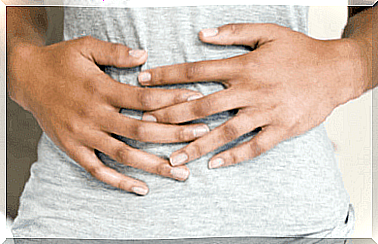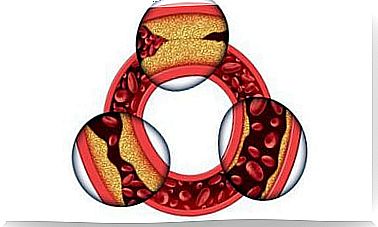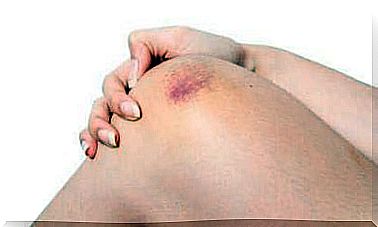6 Symptoms Of Intestinal Worms

Intestinal worms can upset and even frighten many people. However, they should not be ashamed of them. Remember that intestinal worms are a very common ailment and do not only occur in developing countries. Continue reading and recognize the symptoms of intestinal worms!
Ask your doctor and follow the instructions you receive to improve your health quickly. Here are some symptoms that may be a sign of parasites living in the gut.
What are intestinal worms?
Intestinal worms, or parasites, are organisms that live inside another organism. Their survival thus depends on the nutrition and health of the host.
Intestinal parasites can enter the body in a number of different ways. The most common mode of infection is with food. The larvae can easily be disguised in raw chicken or pork. They can also enter the body through contaminated water or uncooked fruits and vegetables.
In addition, parasites can also be easily transmitted from animals (even domestic animals such as cats, dogs, and birds).
There are several types of intestinal worms and they are known by different scientific and colloquial names. They come in different sizes and shapes and in addition, the symptoms of intestinal worms vary. Here are some examples of symptoms!
Symptoms of intestinal worms
Diarrhea

Diarrhea is a common symptom of many diseases, not just intestinal ones. Thus, it can occur as a consequence of many causes, ranging from eating spoiled food to heart or respiratory infections. Diarrhea is a very common symptom in unicellular intestines .
- Such parasites are sometimes called worms, although they cannot be seen with the naked eye.
- In the case of large (2 cm and over) worms, diarrhea occurs only when there are very many of them in the intestine.
- In this case, the patient may notice worms in the feces.
Stomach ache
Many patients may confuse this pain with cramps, as the abdominal pain associated with intestinal worms is intermittent and quite severe.
Some women ignore this intestinal symptom as it strongly resembles menstrual cramps.
- The pain caused by worms affects the lower body, closer to the branches than the stomach.
- This symptom is a sign of intestinal worms that feed directly on the intestinal wall, irritating nerve endings and causing severe pain.
Slow growth

This symptom is one of the most common in children and adolescents. As we have already said, parasites live by utilizing the nutrients of the host, in this case humans. Intestinal worms consume a lot of vitamins and minerals necessary for growth.
Children with parasites are usually shorter and leaner than most peers. They may also be powerless.
If a child sleeps a lot and is tired after waking up, worms can be a problem. If this is the case, take your child to a doctor to start treatment.
Fatigue
Exhaustion is a possible symptom of malnutrition, rather than the worms themselves. When worms eat more nutrients than the infected human body gets utilized, a person can feel weak and sleepy.
If you notice changes in your energy levels, watch for other possible symptoms.
Dry cough

There are several different types of worms that live in the human gut for most of their life cycle. But in their first stage, as a larva, they can also develop in other parts of the body.
- Some parasites travel to the lungs and esophagus at an early stage of their development. This can cause inflammation of sensitive tissues.
- A dry cough that is not relieved with flu or sore throat medications can be a sign of parasites.
- This symptom can be quite annoying and even painful.
Changes in appetite
Intestinal worms appear in the intestine as a strange mass. Although a person does not physically feel their existence, the body receives constant nerve stimuli from the intestines. These stimuli signal to the brain that the gut is full, but the brain is naturally unable to recognize whether it is processed food or worms.
Therefore, you may suffer from a sudden change in appetite. You may eat less and become full of less than normal food.
There are also worms that use too much of the body’s nutrients. This causes nutrient deficiencies in humans. In this case, the person may feel hungry much more often and eat more.
You need to be very careful when these symptoms occur. It is unlikely that only one of them would directly refer to parasites living in the gut. But if you notice more than two symptoms at the same time, it is advisable to see a doctor.









